Shochiku 100 is a filmprogramme that runs from February 3 until March 2 2022 at the Eye Filmmuseum.
Yasujiro Ozu, Masaki Kobayashi, Takeshi Kitano: the masters of Japanese cinema. But did you know that their work was made possible by Shochiku? In 2022 Eye is marking over one hundred years of one of Japan’s oldest, and largest, film companies. This centenary programme brings you (rare) screenings on 35mm, live musical accompaniment, stunning digital restorations and introductions by Japan experts.
Shochiku’s importance to Japanese film history is hard to overestimate: since its foundation in 1920, it has produced the first Japanese silent film, the first talkie, the first colour film and the very first Japanese Oscar winner, Departures (2009) – a real milestone. Shochiku was also the first to pay attention to the artistic quality of western cinema, following developments both in Hollywood and the European avant-garde.
Among its many claims to fame, Shochiku is known for its production of shoshimingeki: domestic dramas, made for a female audience and starring big-name actors. Starting in the 1930s, Yasijuro Ozu – who worked almost exclusively for Shochiku – climbed to great heights in this genre. Four of his masterpieces can be seen in Eye, and will also receive a national release: Tokyo Story (1953), The Flavor of Green Tea over Rice (1952), Tokyo Twilight (1957) and Early Spring (1956).
After the war, the studio also offered opportunities to socially committed directors such as Masaki Kobayashi, who with his magnum opus The Human Condition (1959/1961) created a monument to the anti-war movement. A surprising development, in the early 1960s, was the arrival of a new generation of filmmakers who took to the streets, including Nagisa Oshima (Night and Fog in Japan) and Kiju Yoshida (Good-for-Nothing). Their unpolished, playful style of filmmaking was referred to as the ‘Shochiku Nouvelle Vague’. In the 1970s, ’80s and ’90s, the studio made the longest-running TV series ever (Tora-san, 1969-1995) and introduced a second new wave of pioneering makers. Takeshi Kitano took the festival circuit by storm with sensitive arthouse productions, comedies and ‘nouvelle violence’ films such as Sonatine (1993).
These days, Shochiku is no longer active as a film studio; it does however act as a co-producer, distributor and the owner of Movix, a national chain of state-of-the-art multiplex cinemas.



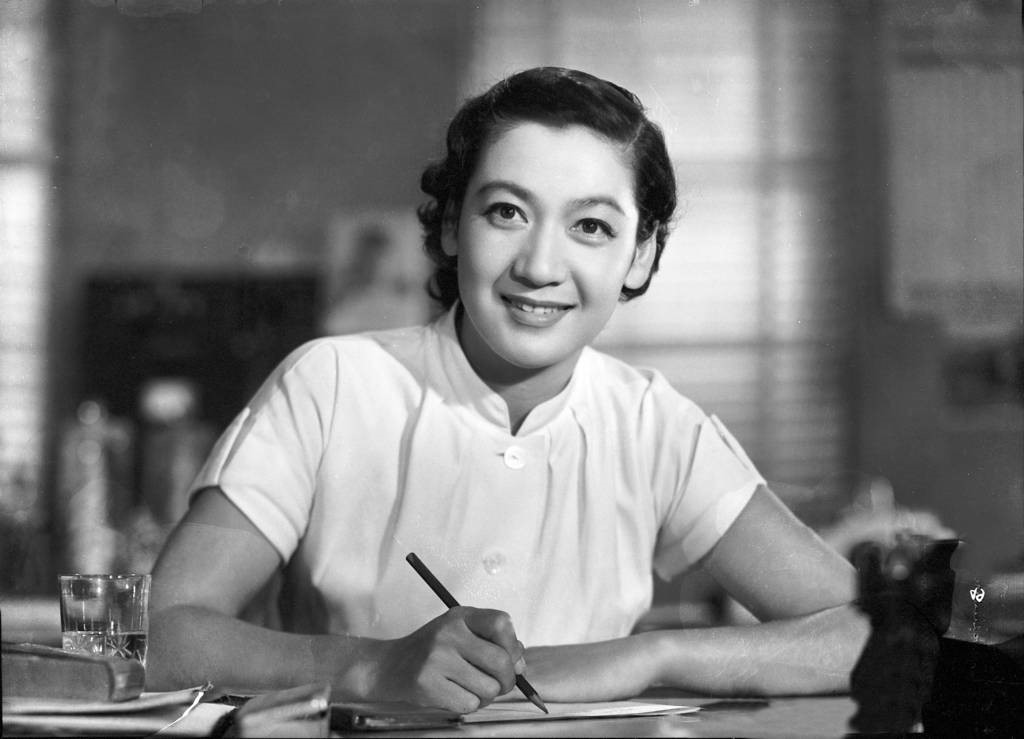
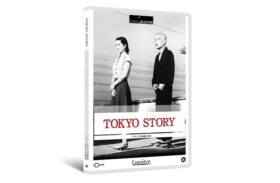
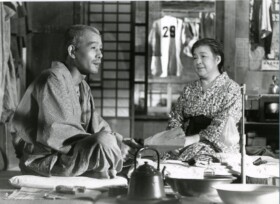






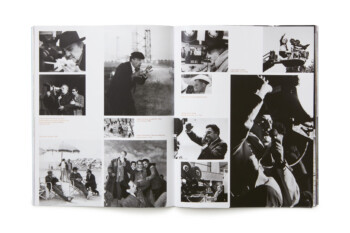



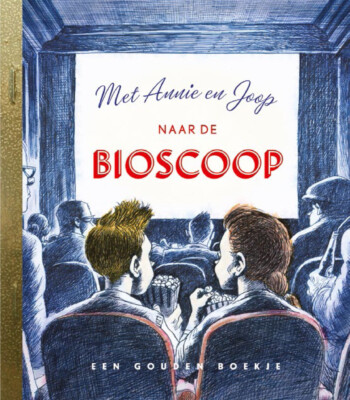



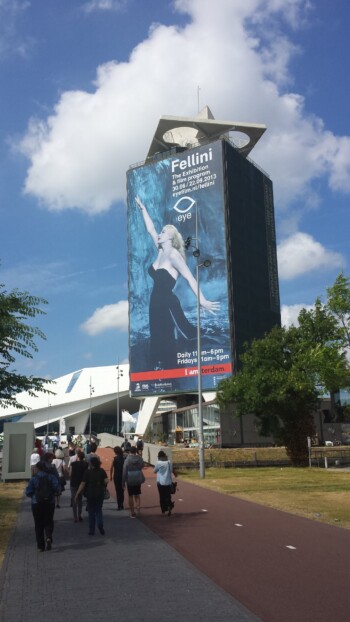
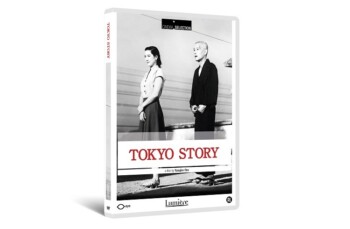
Reviews
There are no reviews yet.